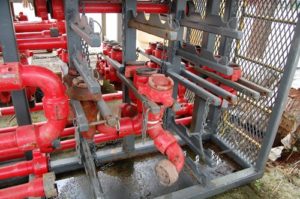Chiksan pipes are a type of marine loading arm. While Chiksan pipes are generally safe, every year they are responsible for thousands of injuries. Many times injuries in Chiksan pipe accidents result in catastrophic injuries. If you have been hurt in a Chiksan pipe accident you may be eligible for compensation under the Jones Act or the Longshore and Harbor Worker’s Compensation Act. If the accident was caused by the negligence of someone else, you may be able to recover pain and suffering damages.
Dangers of Chiksan Pipes
Chiksan pipes are used to transfer gases and liquids on and off ships at high speeds and pressures. Their rigid metal construction makes them a favored alternative to cargo hoses on thousands of ships. But, because they are often used to transfer toxic materials at those high speeds and pressures, when something goes wrong, the results can be devastating.
 When properly maintained, Chiksan pipes are more reliable and safer than cargo hoses. However, because the connections, joints, and fittings fit so precisely, they require regular maintenance and inspection. When companies look to cut corners, they often do not properly maintain the pipes. There have been cases of a Chiksan pipe with faulty fittings working perfectly, but coming apart and falling on workers once it is no longer in operation.
When properly maintained, Chiksan pipes are more reliable and safer than cargo hoses. However, because the connections, joints, and fittings fit so precisely, they require regular maintenance and inspection. When companies look to cut corners, they often do not properly maintain the pipes. There have been cases of a Chiksan pipe with faulty fittings working perfectly, but coming apart and falling on workers once it is no longer in operation.
When the pipe is not properly secured it can injure or even kill nearby crewmen. If the safety valves are faulty, it can cause widespread contamination. A spill from a Chiksan pipe has the potential to cause severe medical problems far into the future.
Causes of Chiksan Pipe Accidents
Virtually every single Chiksan pipe accident is the result of human error. If your injury has been caused by the carelessness or negligence of someone else, you may have a right to be compensated for your injuries and your pain and suffering.
Some causes of Chiksan pipe accidents include:
- Failure to properly maintain equipment and components
- Not following a proper inspection schedule
- Impaired equipment operators
- Poorly trained equipment operators
- Defective fittings, valves, and joints
- Lack of adequate safety plan
- Creation of a lax safety environment
- Failure of emergency mechanisms
- Exceeding manufacturer’s recommended use and capacity
It can be difficult in the immediate aftermath of an accident to determine the cause. Many Chiksan pipe accidents have multiple causes. You need to have your case evaluated by a knowledgeable maritime injury lawyer as soon after the accident as possible.
Types of Injuries in Chiksan Pipe Accidents
If you have been injured in a Chiksan pipe accident, you most likely were given immediate medical assistance. However, it is essential that even after you begin to recover that you keep in touch with your doctors. Some medical issues may not become apparent for weeks or months.
You need to follow the recommendations of r your doctor, including staying home from work until you are medically cleared to return. Listening to your doctor is not only crucial to your making a speedy and full recovery, but it also important to your injury claim.
Some types of Chiksan pipe accident injuries are:
- Traumatic brain injury
- Fractured bones
- Back and neck injuries
- Spinal cord injuries
- Strains and sprains
- Burns
- Chemical burns
- Amputations
- Inhalation of toxic chemicals
- Crush injuries
Issues With Chiksan Pipe Accident Claims
Maritime law makes the owner of a vessel responsible for the actions of the crew, and sometimes the actions of contractors temporarily on the ship as well. If another crewman or contractor caused your injury, your claim typically will most likely be against the owner of the vessel. However, if the accident was caused by a failure of the equipment, you may have a claim against the manufacturer.
 Many Chiksan pipe accidents are caused by multiple factors. Another crewmember may have been negligent, but the ship’s owner may also have failed to properly maintain the joints. The joints themselves may have been defective. Before you can get the compensation you are legally entitled to, you may to involve several different companies and the insurance companies that represent them.
Many Chiksan pipe accidents are caused by multiple factors. Another crewmember may have been negligent, but the ship’s owner may also have failed to properly maintain the joints. The joints themselves may have been defective. Before you can get the compensation you are legally entitled to, you may to involve several different companies and the insurance companies that represent them.
Both the Jones Act or the Longshore and Harbor Worker’s Compensation Act have strict requirements for making a claim. If these rules are not followed perfectly, you risk having your claim permanently denied.
Chiksan pipe accidents are an especially complicated type of maritime injury claim. If you make even one mistake you could ruin your chances of getting any type of recovery. You need a maritime injury lawyer on your side. However, finding a maritime injury lawyer can be difficult.
We want to help connect you with a skilled and experienced maritime lawyer who can evaluate your claim.
Contact us today and we can help you find a maritime injury lawyer with a successful track record in Chiksan pipe accident cases. Time may be running out.

